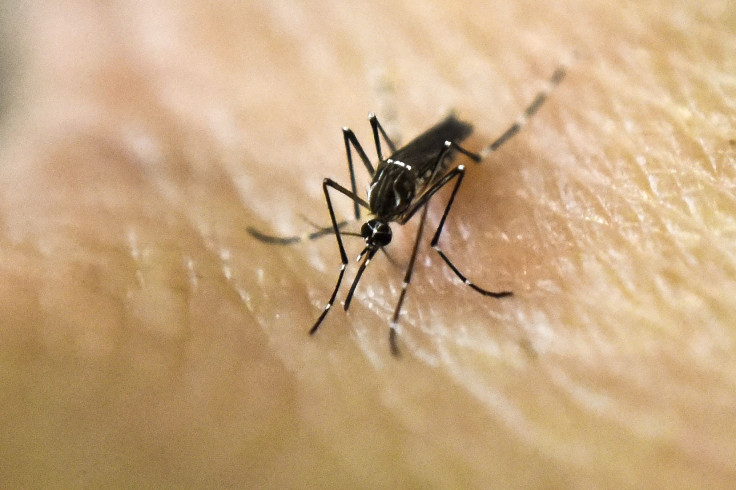US Military Spends $100 Million On Species Killing Gene Research

The Defense Department's research arm invested $100 million in researching DNA technologies that could kill off an entire species, according to a Guardian report on Monday.
The Defense Advanced Research Projects Agency (Darpa) is one of the world’s largest spenders on gene drive technology. Gene drive can increase the prevalence of a certain favorable or negative gene in a specifies and can be used to wipe them out. The possible uses for extinction technology include eradicating rodents or mosquitoes that carry malaria.
Darpa conducts research into a variety of technologies that can be used to assist the military.
The revelation of the U.S. initiative may cause tensions ahead of a Tuesday United Nations meeting that will debate whether to put a moratorium on the gene research. The U.N. Convention on Biological Diversity will take place in Montreal and will deal with the ramifications of synthetic biology.
“Many countries [will] have concerns when this technology comes from Darpa, a U.S. military science agency,” one U.N. diplomat told the Guardian.
Military investments in the potential bioweapon may influence those who want to impose a moratorium, said Jim Thomas co-director of the Action Group on Erosion, Technology and Concentration.
“The dual-use nature of altering and eradicating entire populations is as much a threat to peace and food security as it is a threat to ecosystems,” Thomas told the Guardian. “Militarization of gene drive funding may even contravene (the Environmental Modification Convention) against hostile uses of environmental modification technologies.”
The ENMOD is an international treaty from 1979 that bans the military use of environmental modifications such as weather warfare.
“Darpa is not and should not be the only funder of gene-editing research but it is critical for the Department of Defense to defend its personnel and preserve military readiness,” said a statement from Darpa to the Guardian.
Darpa also believes that U.S. research into extinction technologies can help defend from rogue actors that may want to use them for ill or to combat unintended consequences from people using them for positive reasons.
“This convergence of low cost and high availability means that applications for gene editing – both positive and negative – could arise from people or states operating outside of the traditional scientific community and international norms,” said Darpa. “It is incumbent on Darpa to perform this research and develop technologies that can protect against accidental and intentional misuse.”
Darpa also dismissed that it would use gene editing for military purposes, but rather will aim to accomplish goals like eliminating plagues.
© Copyright IBTimes 2024. All rights reserved.











